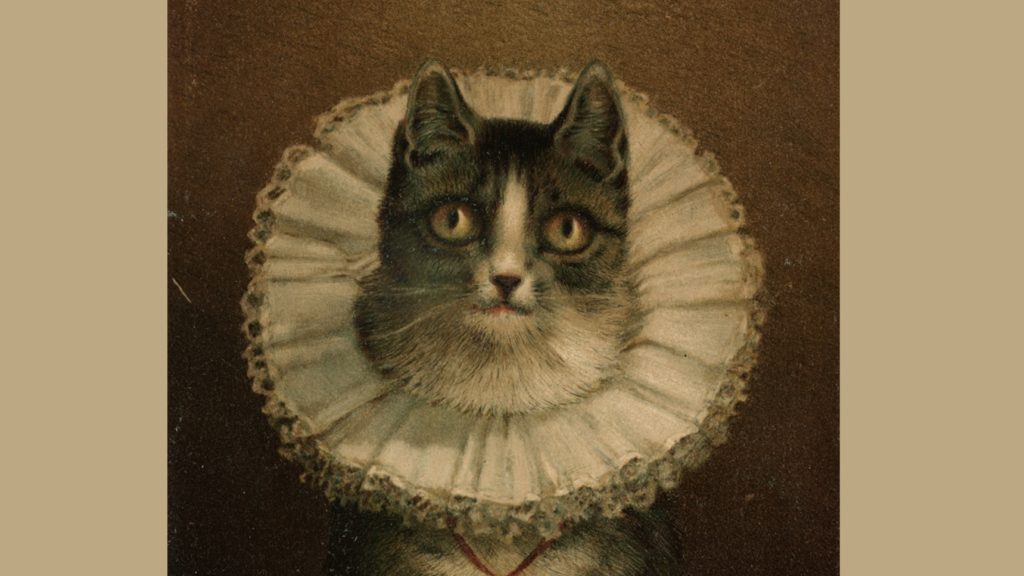
Kitsch and the Common Good
Though kitsch wears the costume of reality’s vocabulary, it does not describe things as they are. You could only call it good without qualms of conscience after downing a Dionysian dose of expired boxed wine.

Though kitsch wears the costume of reality’s vocabulary, it does not describe things as they are. You could only call it good without qualms of conscience after downing a Dionysian dose of expired boxed wine.
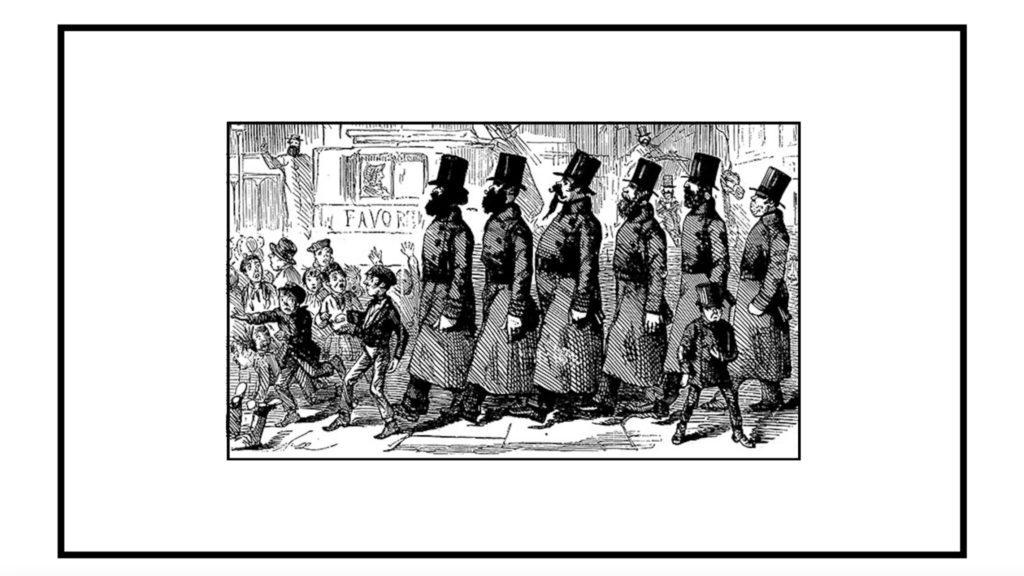
The police have become an alien presence in our society. Gone is “the historic tradition,” as Peel put it, “that the police are the public and the public are the police.”
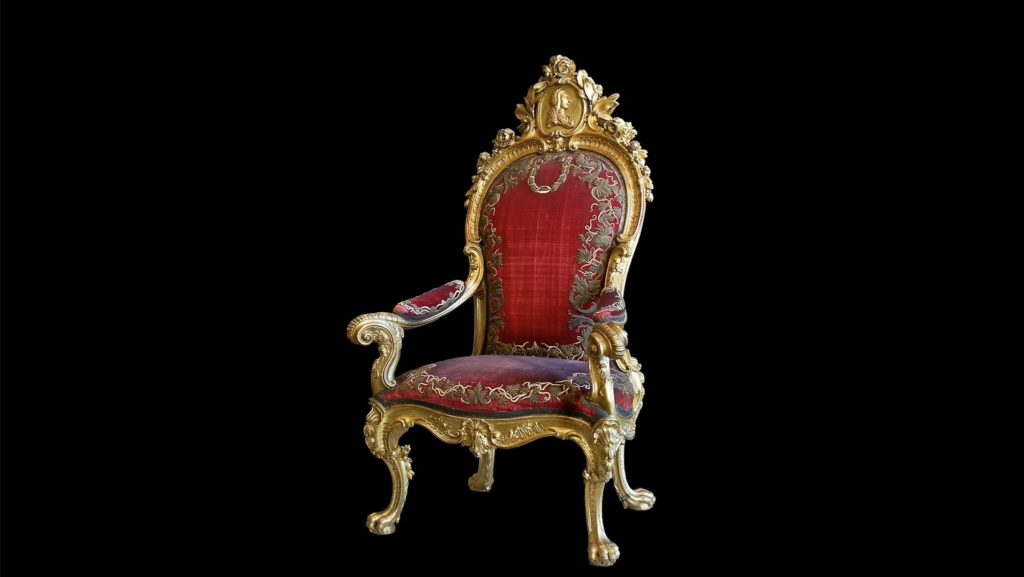
The survival of any traditional institution requires that, during historically critical moments, it remembers its reason for being, renewing its covenant with those it represents. Otherwise, it risks vacuity.
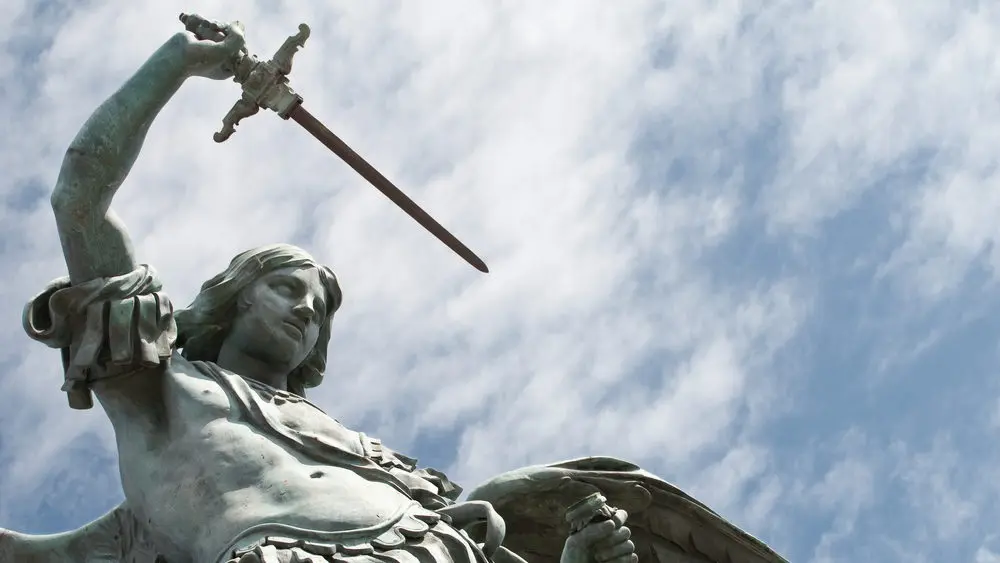
Those who are contemptuous of Christian civilisation continue their assault on our spiritual heritage. Defending it is becoming increasingly difficult to justify to those for whom erasing its traces from the public sphere has become a point of honour.
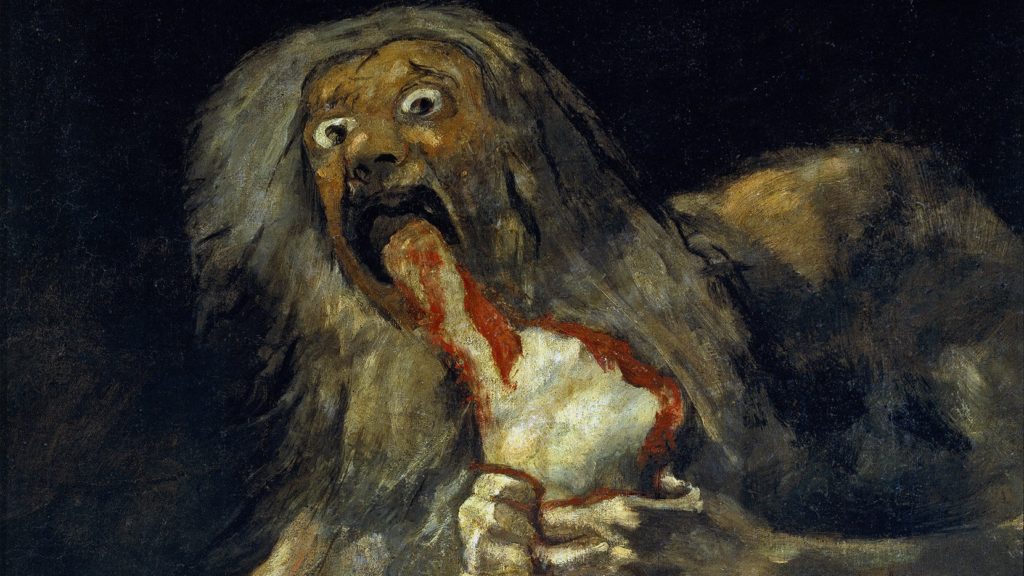
The victory this week of Italy’s Giorgia Meloni fits into this story as well. Her words—and perhaps, in the future, by the grace of God, her party’s actions—are nothing less than a full-throated disavowal of the West’s Chronos Complex.
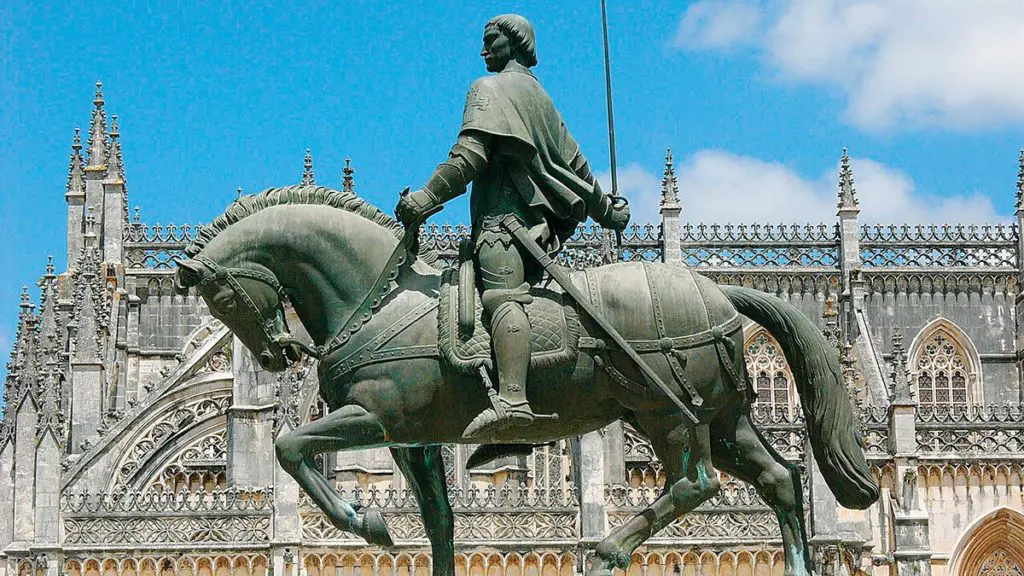
Evil leadership is no leadership at all. Nor is insane nor stupid leadership either. So let us look at their opposite qualities, which in fact define real, true leadership.
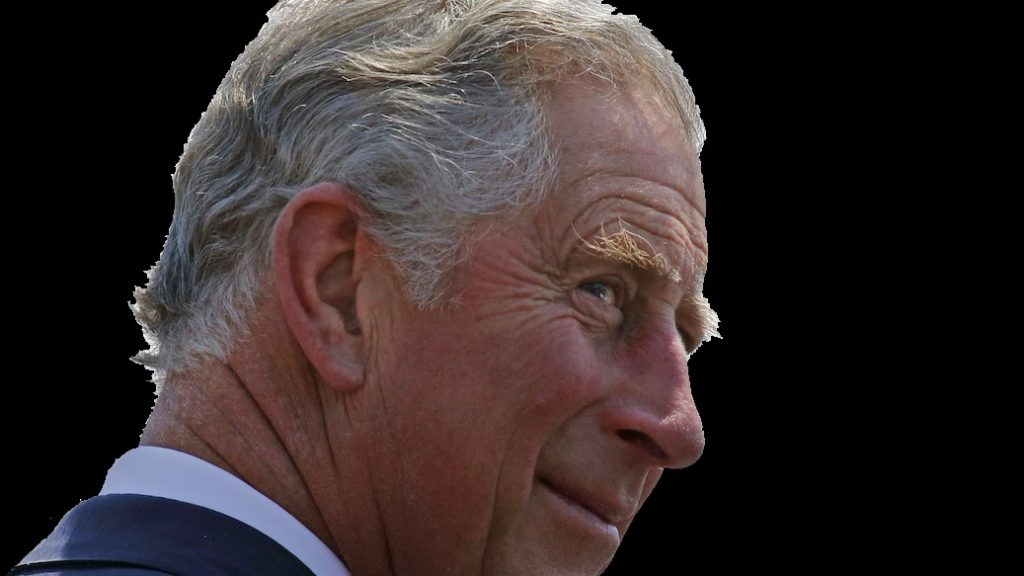
There are inordinately excitable Catholics who believe that only a Catholic sovereign is owed their loyalty and devotion. I remind them of the commandment of St. Peter: “Love the brotherhood. Fear God. Honour the Emperor.”
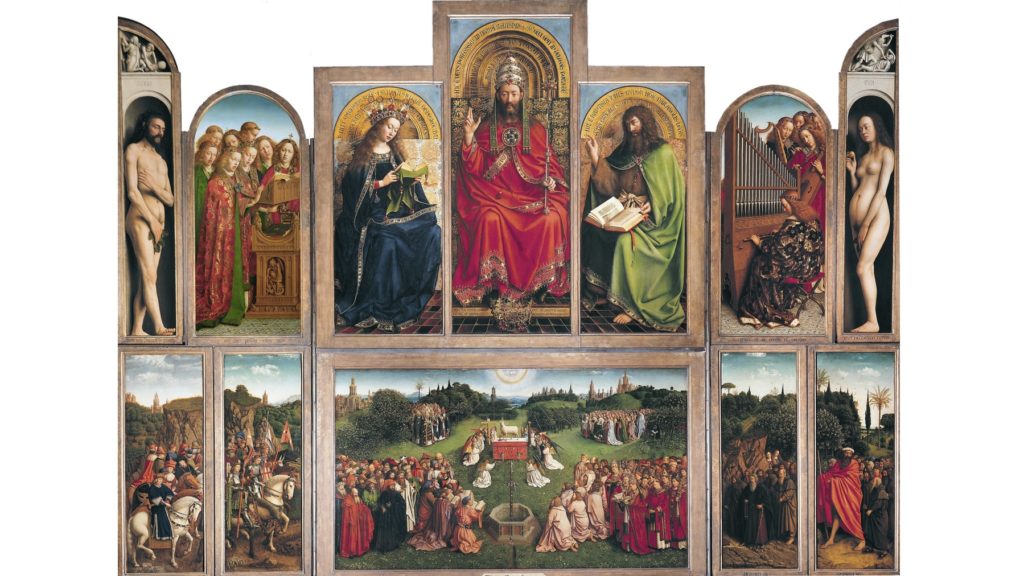
The theft of the “Just Judges” panel of the Ghent Altarpiece is still unsolved. In the first of a series of essays, the story begins.
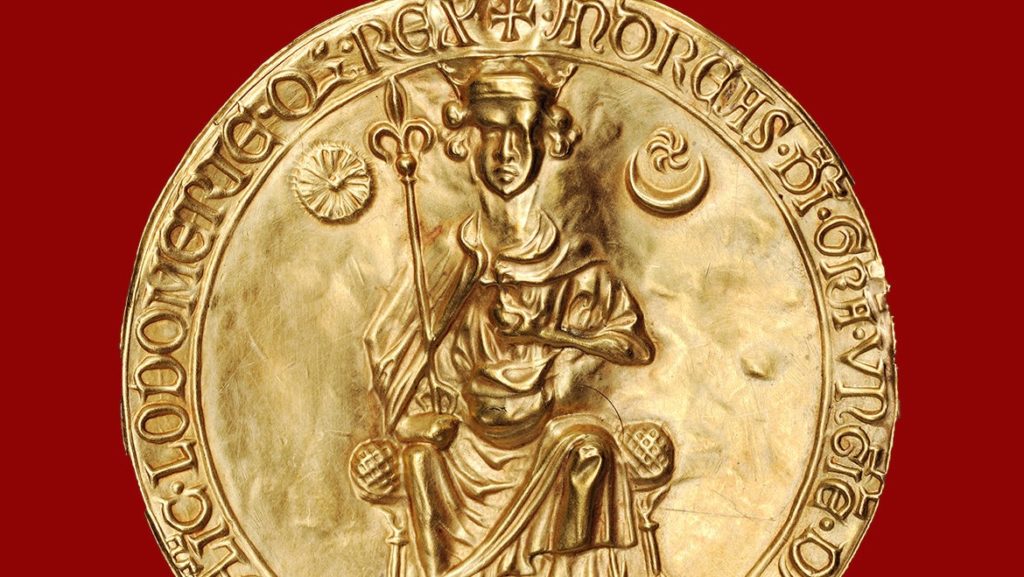
The Golden Bull of 1222 is a unique charter, as it was issued as a result of popular movements of the common nobility to defend and restore supposedly old customs and liberties, in the face of activities of the king and barons they perceived as harmful.
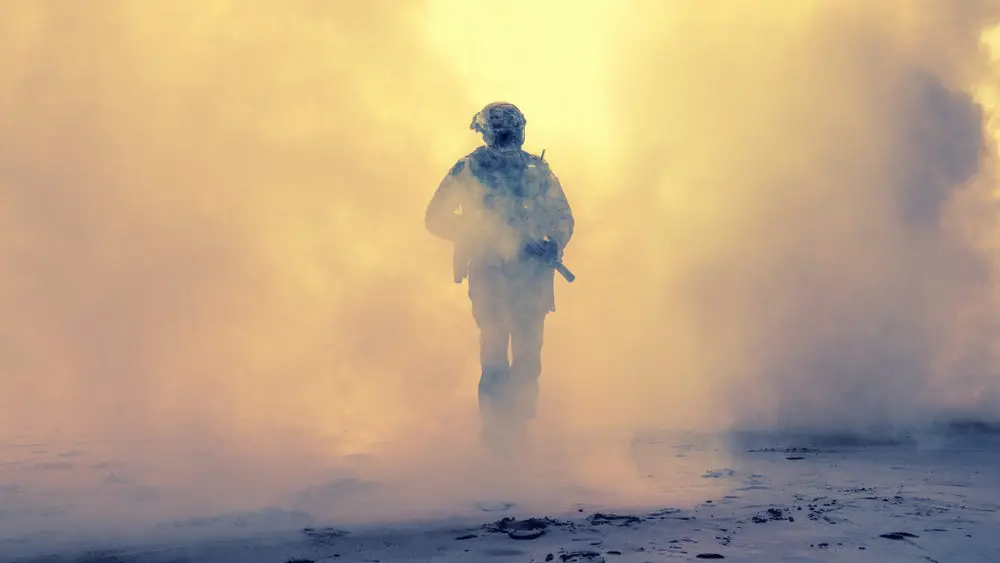
The fundamental tragedy of progressive and media malfeasance is that the very real plight of millions of Ukrainians is being lost in the social media roar.

It is spurious to insist, as many do, on a contradiction between conceiving of Greek independence through a yearning for the Byzantine past, on the one hand, and the romantic-nationalist lionizing of ancient Hellas, on the other.

Western political philosophy focuses on inherent features of man, and so Europeans were able to build a system which recognises and respects them. It is arguably the best system in the world, which is evidenced by the success of the countries that adopted it. It safeguards everything we value, and we should do everything to preserve it.
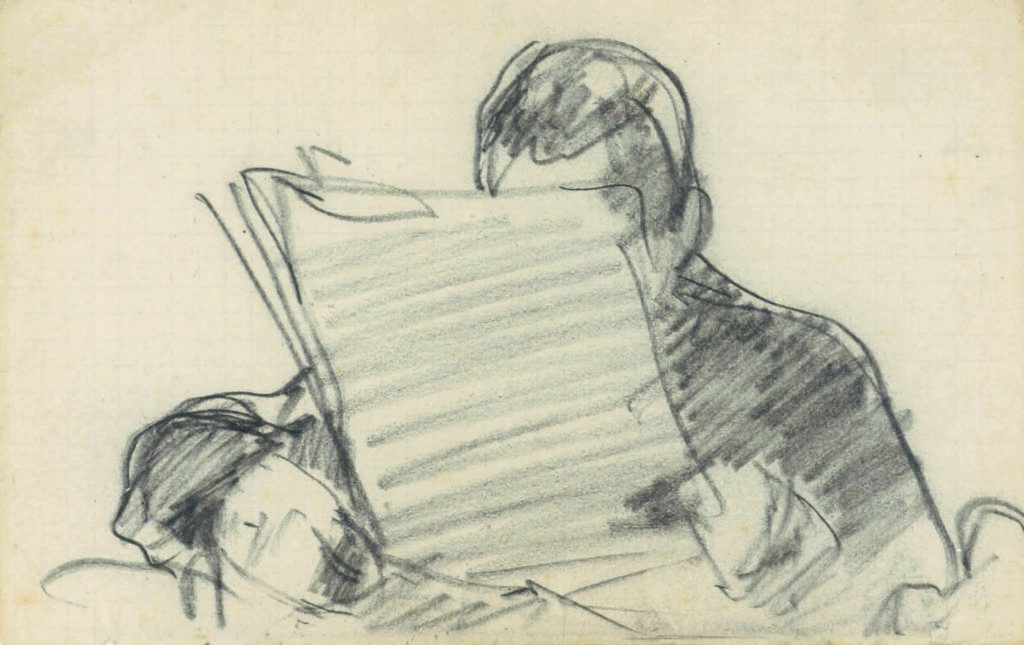
If journalism helped Scruton to synthesise ideas in a single thought, it also displayed the rich literary gifts which first brought him to the attention of the British public in the 1970s. For him, journalism was much more than conveying information, news, or opinion. It was an attempt to stir the imagination of the reader so that the ‘unfashionable opinion’ being expressed might become theirs.
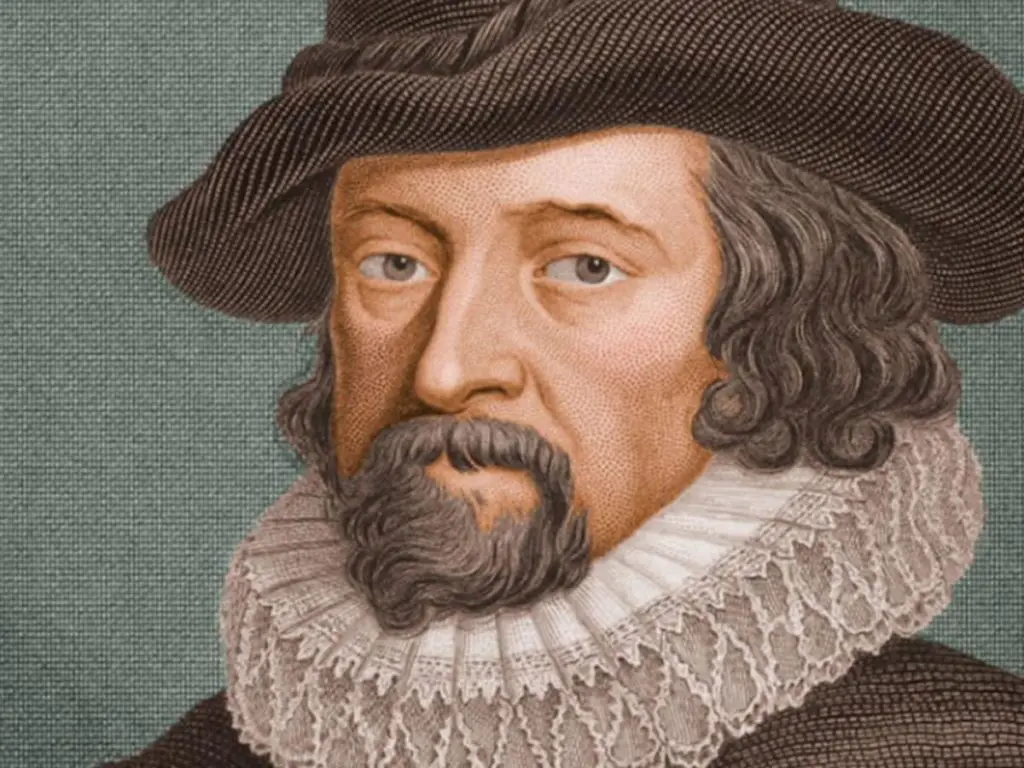
Francis Bacon was the talisman of Renaissance science, producing an inductive philosophy which he advanced with all the zeal of a religious convert. But as far as he was concerned, promoting such methods required no actual conversion from the Christian beliefs which prevailed in his day.

Eurasianism, with its glorification of the Mongol Golden Horde and eastward orientation, tends to divorce Russia from its European heritage, a divorce that is incompatible with any drawing closer to Ukraine.
Geography and natural resources will motivate political conflict, but identity and national construction will determine what social cleavages can be exploited by local and foreign agents in that conflict.

The notion that there are limits to our growth is holding the West in a psychological stranglehold. Whereas other civilizations are thriving, the West suffers from a weariness that stifles any belief in further progress. This weariness has had a name for almost 2,000 years: Acedia.
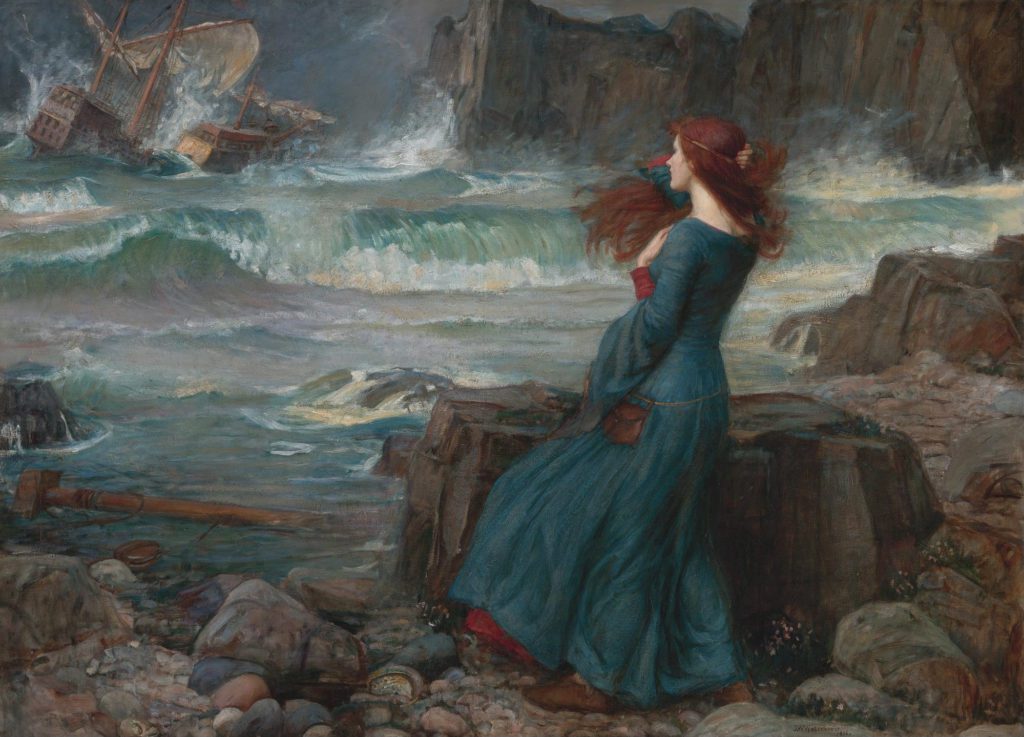
The idea of motherlessness in Shakespeare’s The Tempest and Huxley’s Brave New World may help us understand our own age, in which state encroachment and market forces work together for the abolition of motherhood.
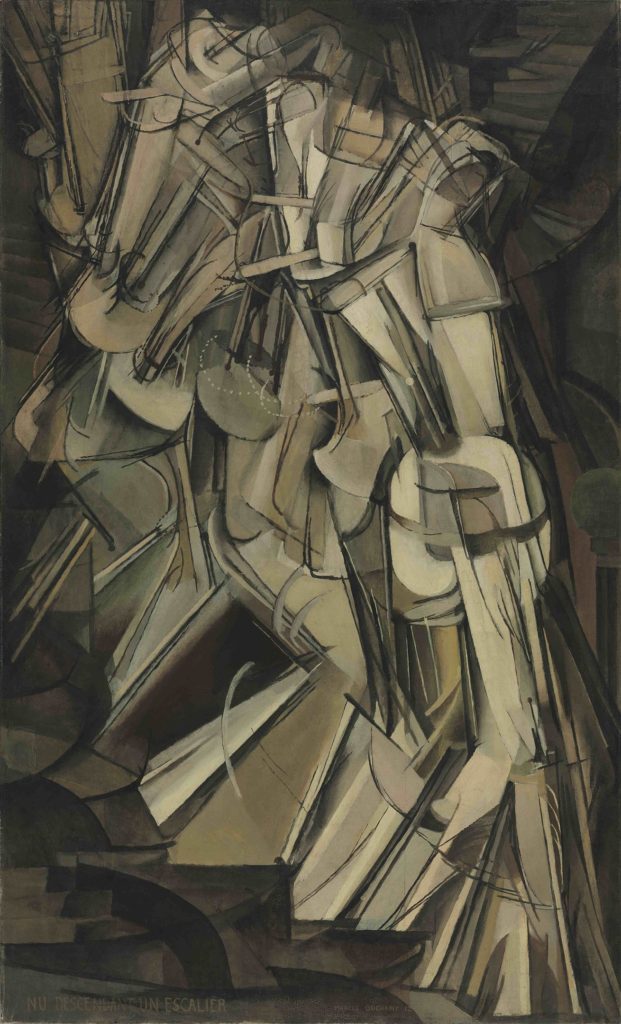
World order will tend to follow its own momentum. Rivals to U.S. hegemony like China do not, therefore, represent an alternative world-order, but an alternative bid for leadership over developing structures of biopolitical control.
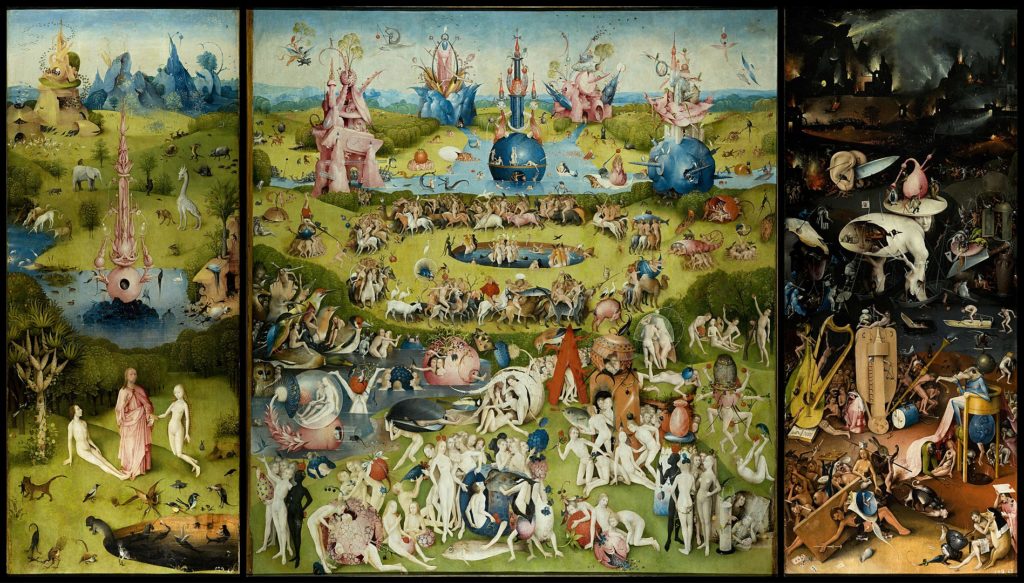
Liberals like to claim that their political worldview is not even ideological, but simply what happens when kindness and common sense are allowed to prevail over dogmatism, tyranny, and impractical forms of political romance. But is liberalism, the ruling philosophy of our modern world, really so immune from the utopian temptation?
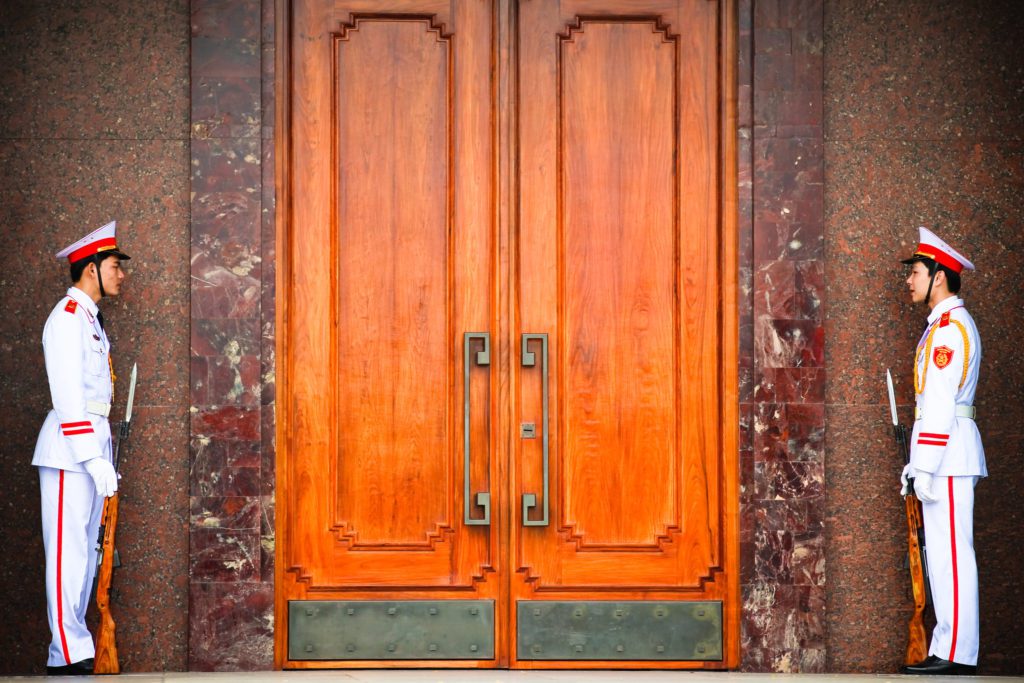
It is an irony that the regimes of godless Communists and imperial thugs must preserve the corpses of their revolutionary leaders, made incorruptible by enormous amounts of money, for their subjects to worship.
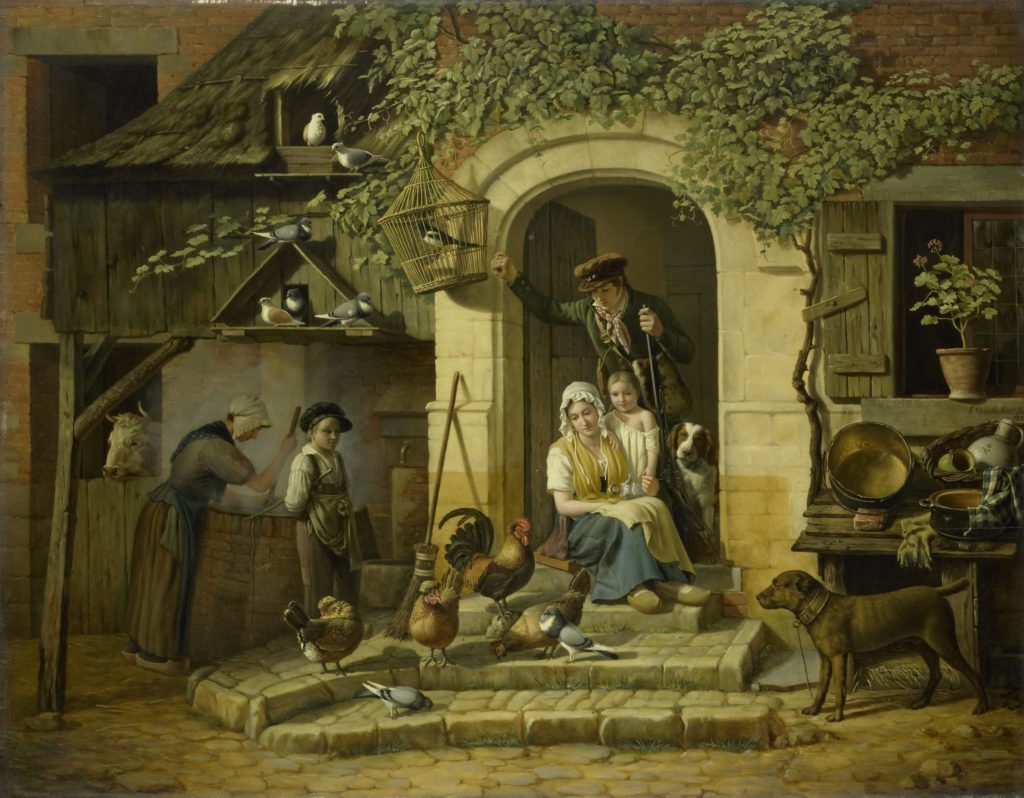
The concept of ‘dwelling’ serves as a source for our pre-political loyalties and these loyalties allow a sense of the
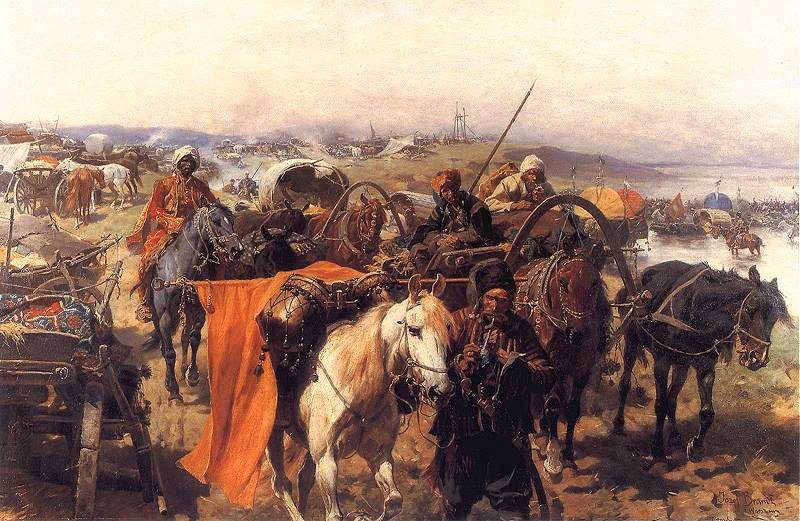
Organic association and the principle of subsidiarity are the rescue of nations. They allow for the political articulation of common roots without alienating local cultural differentiation. They also permit overarching identities to be honored along with overlapping ones. Keeping this principle in mind, we may trace the history of relations between Moscow and Kyiv with an eye to how it could have been, and may yet, be applied.